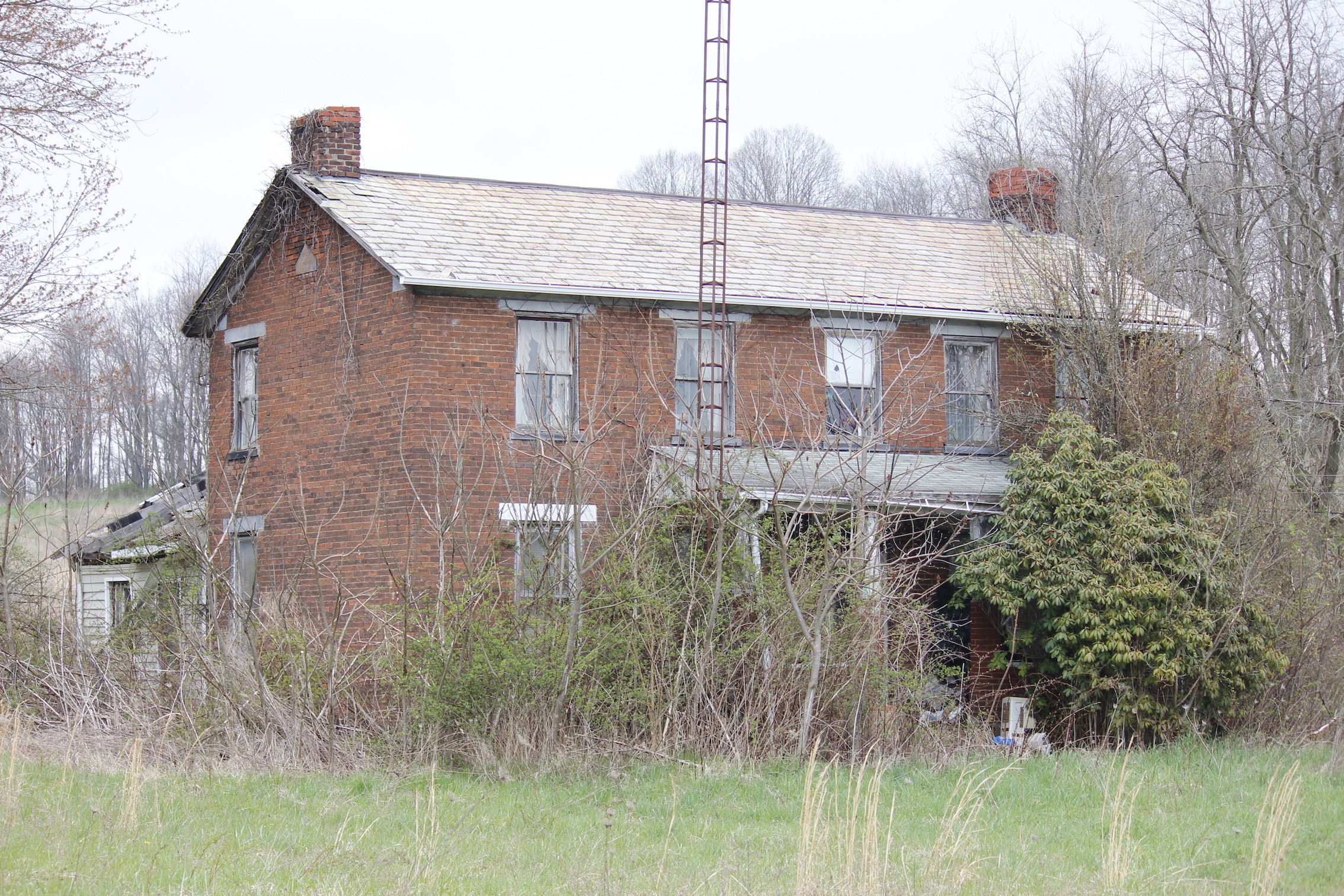I live in Rural America and have many times before, in numerous states, and can honestly say, I prefer it over the big city and suburban lifestyle. It has a slower pace of life and things that seem so important in suburbia or the big city, are not so important here. However, things that are important in Rural America are not important to those in the big city or suburban communities either.
Rural America is that little town you drive through that has the one street light (Ok, my town has 3 or 4 on the main drag through downtown, but it is also a State Route) and the sign that says Community Street Fair, such and such date. The town with one gas station and empty buildings all around because everyone left and went to the big city or moved to suburbia.
Well, that paints an accurate picture, but it is not entirely true. Not everyone moved to the big city or suburbia. The farmers are still right outside of town and there are still many business owners on that main street, one just needs to stop and take a look.
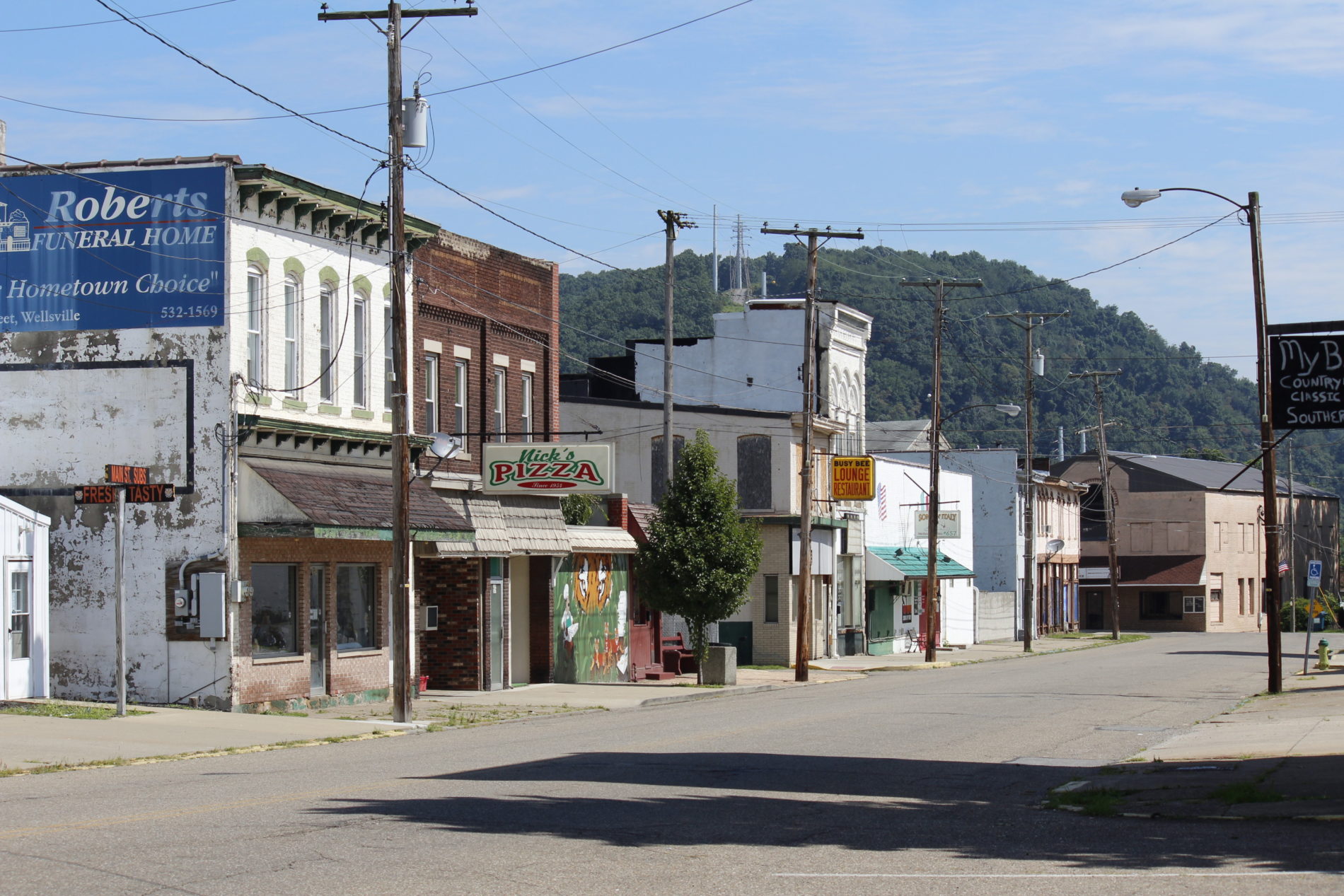
Photo credit: Jennifer A Adams
Sustainability in a rural township, village, community is often unheard. If you drive down many state routes, across America, and even Europe, you will have this sense of history that once was, communities that once were and thrived. You will see the ruins of homes, houses, buildings, and store fronts that were once the livelihood of a community in times past. If you are lucky enough to drive through the right community at the right time, you may still glimpse what once was in what is still standing.
There are two ways to look at sustainability. The first is the physical and infrastructural parts of sustainability and the other is the culture and “community”. Here I will focus on the physical and infrastructural parts of sustainability. Infrastructure includes all the parts that make a community work: the physical and organizational structures and facilities (buildings, roads, power supplies, people, etc…) needed for the operation of a community.
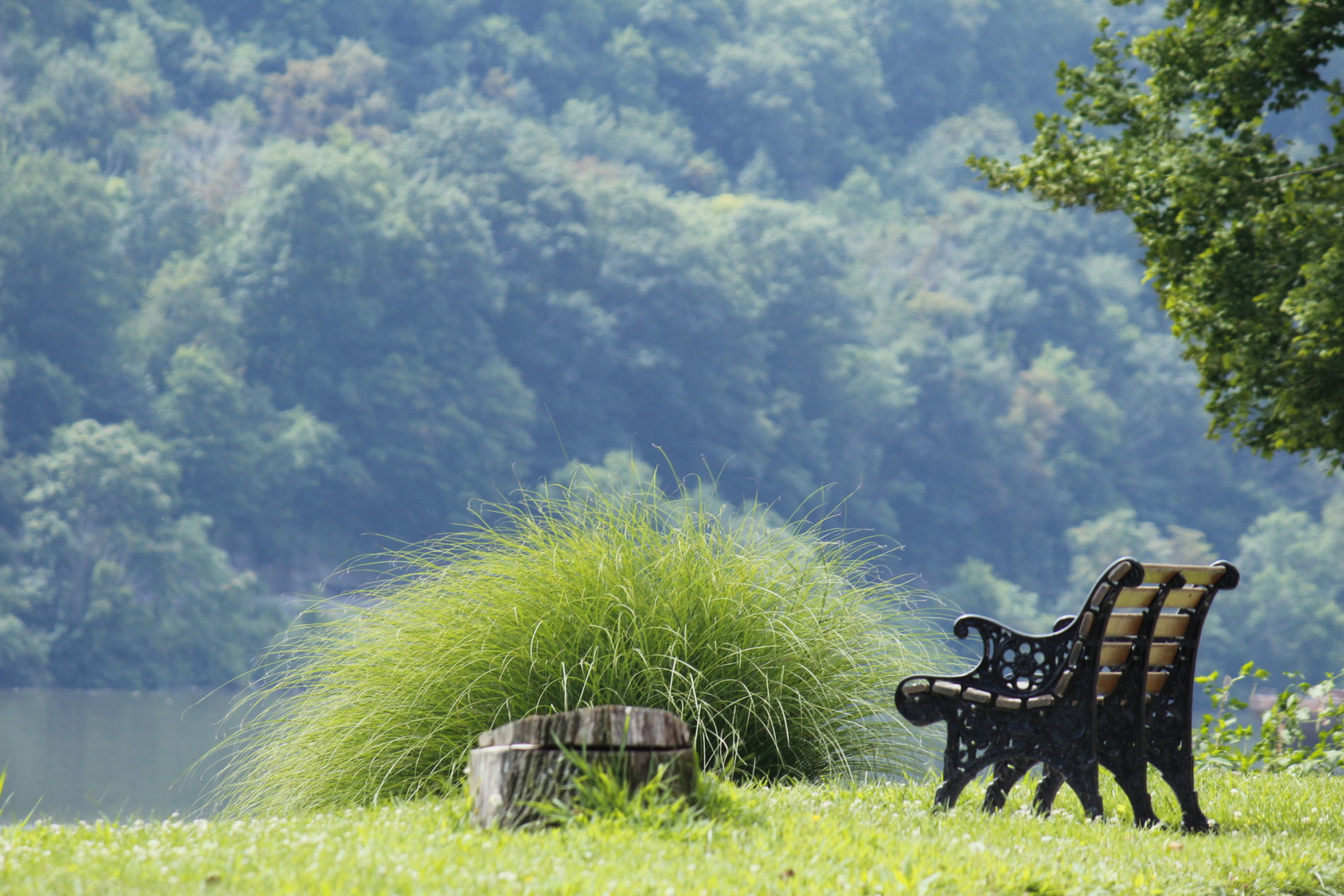
Photo credit: Jennifer A Adams
One of The United Nations Sustainable Development Goals is to make cities inclusive, safe, resilient and sustainable. You may be wondering what exactly is sustainability? What is resilience? And what does that have to do with rural America?
Let us first look at sustainability and what it means. Following on Dr. John Plodinic’s definition, we will look at sustainability from his viewpoint as “a wise use of resources”. We will also consider community resilience as “a community’s ability to anticipate crisis, take action to reduce their impacts, respond effectively to them, and recover rapidly.”
The question begs, what does all this have to do with rural America? Following on ANCR’s release of their landmark first resilience benchmark on buildings, I want to look at rural American and its sustainability and resilience to a crisis with regards to its infrastructure, specifically its buildings.
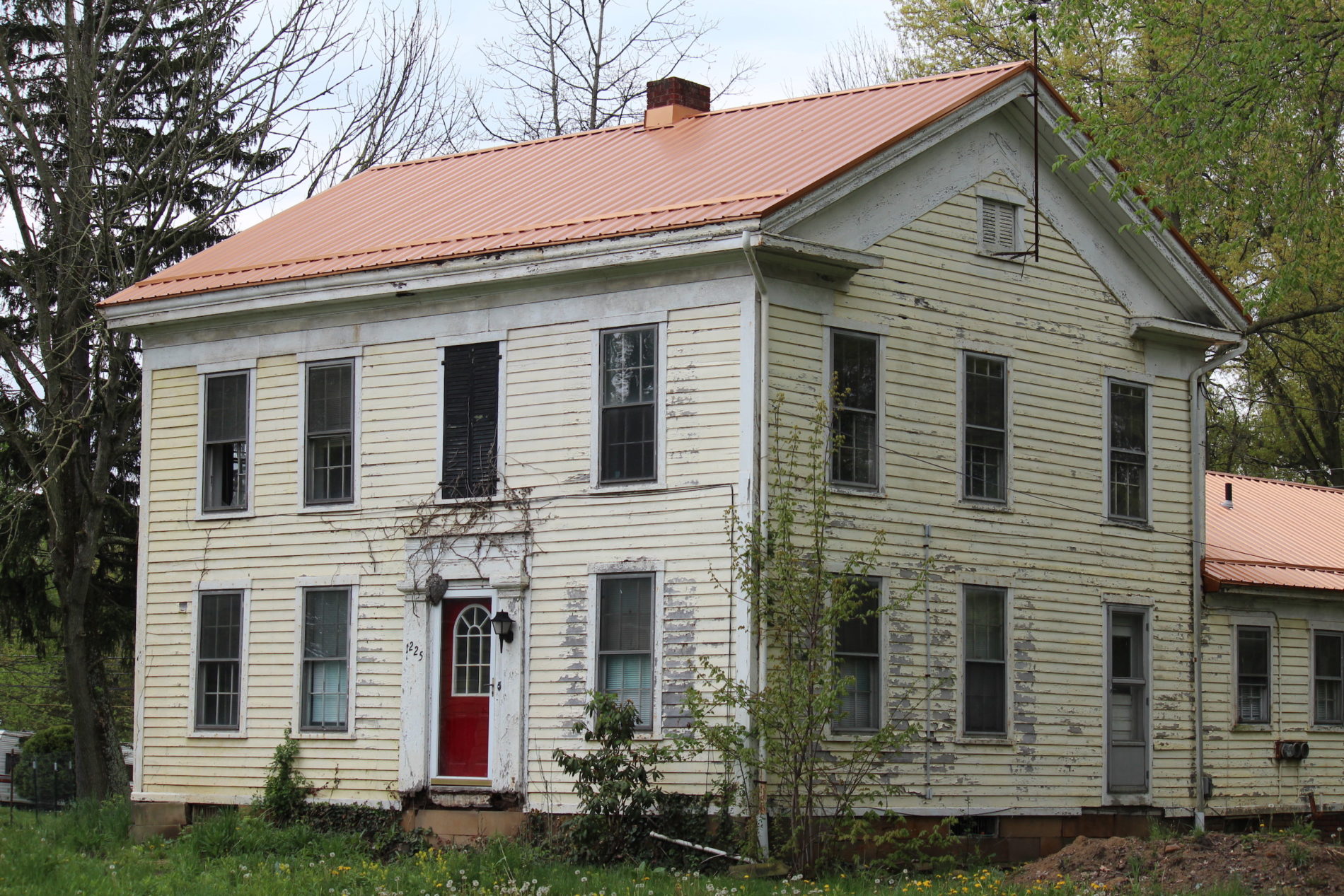
Photo credit: Jennifer A Adams
The issue that much of rural America faces is lack of a tax base, lack of financial resources to keep enough required staff to determine if their community is sustainable even now and would they be resilience after a crisis?
Many rural communities are losing their medical facilities and other necessary infrastructure due to lack of financial sustainability. In other words, it is not feasible or does not make good financial sense to stay in the community. In many a downtown, the buildings are beginning to fall in or over or down. Without a staff to concern themselves with building codes and permits, it falls to the state to come in and do something.
Then there is the drive down the side road, the one that is not the straight through town road. Increasingly day to day, there are more and more homes, houses, and buildings that are not up to code and are being considered for demolition instead of putting the money into them, before they get to that point, and making the repairs.
When looking at a crisis, we must look at every angle. This includes a financial crisis for the community, a mass egress of people somewhere else, a disaster that damages the infrastructure and the housing making it almost impossible to rebuild or repair in a timely manner; or even unwise financially to rebuild buildings, houses, and homes that were on the verge on being condemned and demolished and then putted in to Demolition Dumpster Rentals, because the community is not financially sustainable and able to hold onto the community of people that resided there in the past.
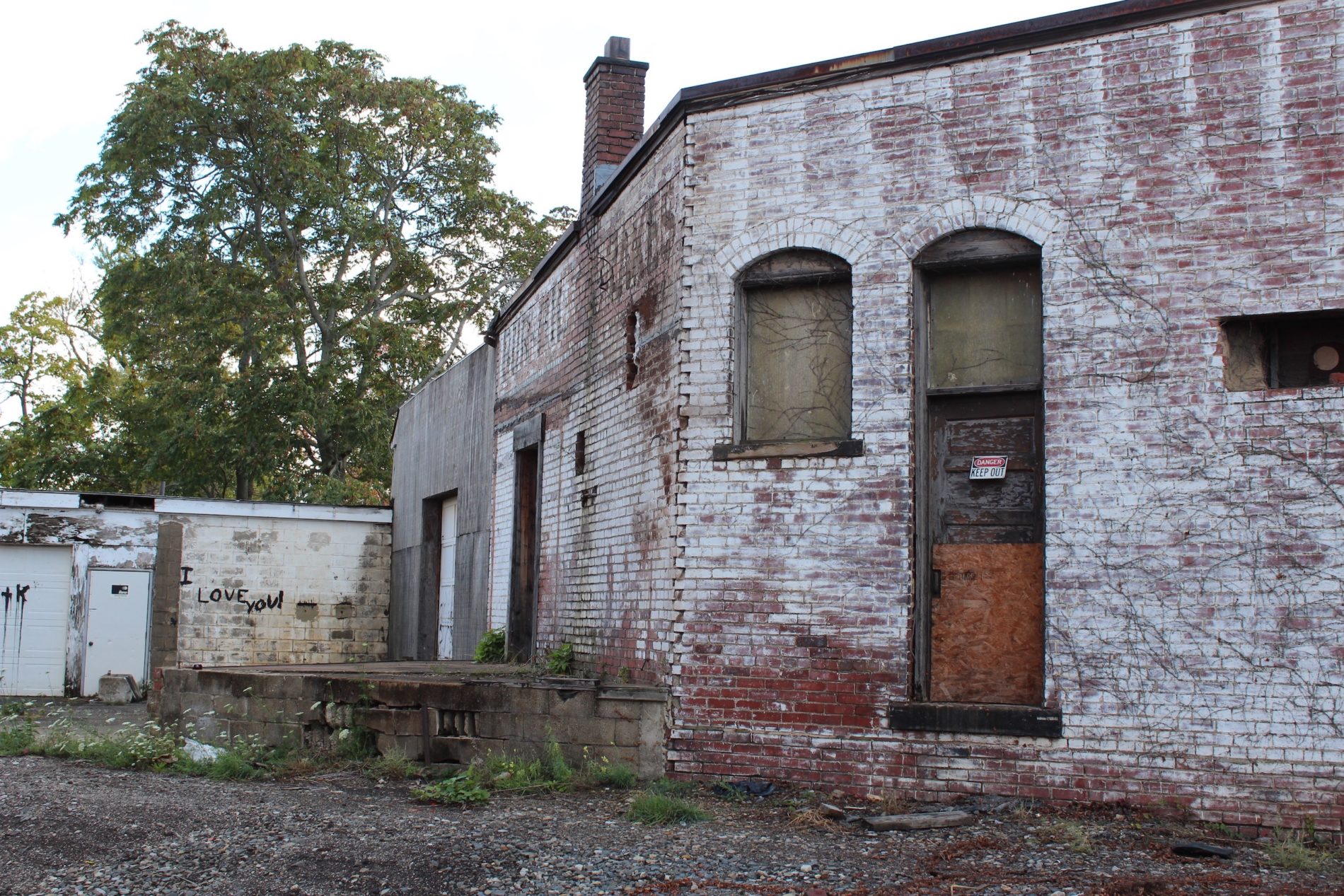
Photo credit: Jennifer A Adams
If a community cannot determine if it is sustainable before a crisis, how can it then determine if it will be resilient after a crisis? What will the cost be to repair or replace infrastructure and homes, houses, or buildings that may have been vacant prior to a crisis? Is Rural America able to stand up to the new standards?
Beyond these questions, there is even a more fundamental one: If the infrastructure is gone, is there still a community?


